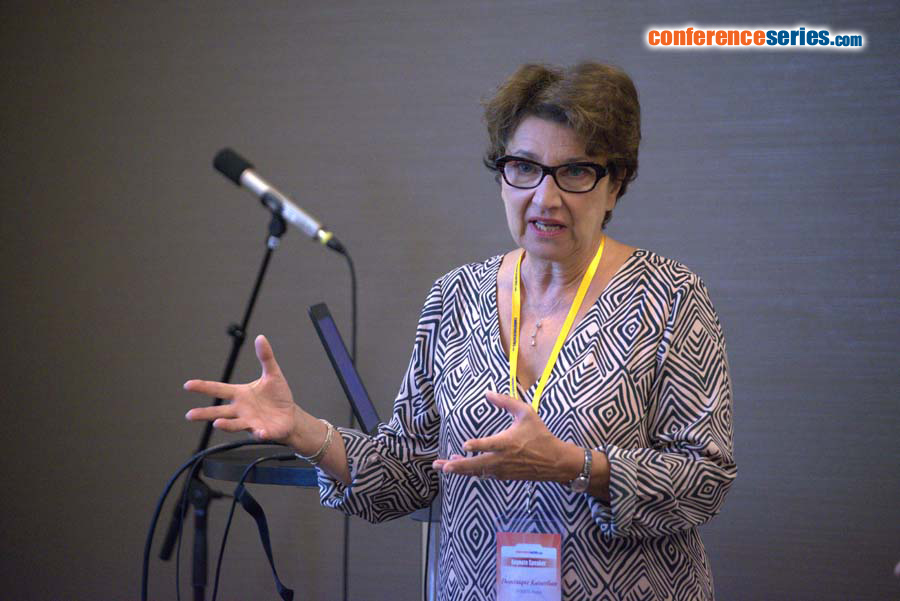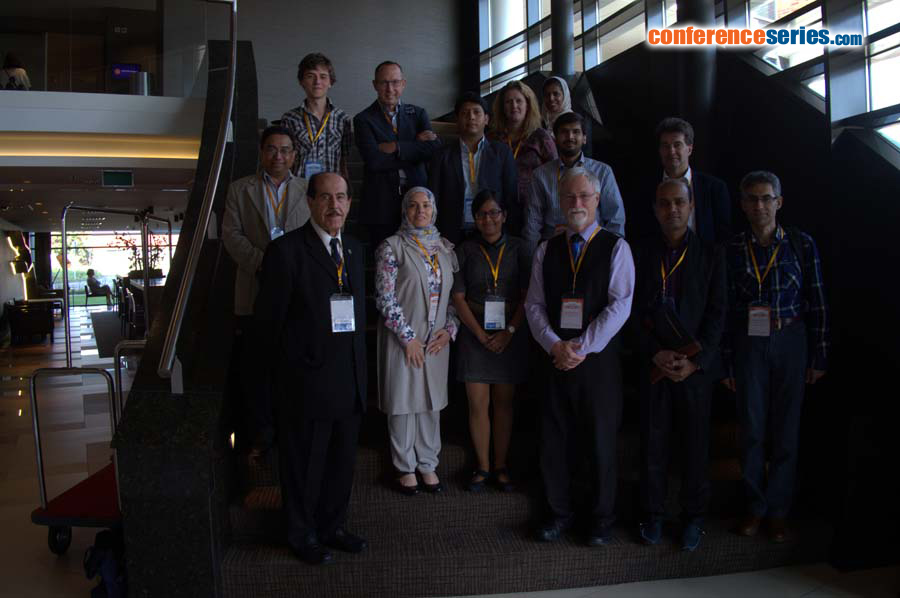
Dominique Kaiserlian
INSERM, France
Title: Immune tolerance in and outside the gut for the control of allergy
Biography
Biography: Dominique Kaiserlian
Abstract
Oral tolerance is a physiological mechanism of immune regulation that prevents chronic allergic and inflammatory diseases. We previously reported that regulatory CD4+CD25+Foxp3+ T cells (Treg) and dedicated subsets of intestinal dendritic cells control both mucosal and skin inflammatory responses by inhibiting pro-allergenic and pro-inflammatory T-cells, including both Th1-type CD4+ and cytotoxic CD8+ T cells. We showed earlier in mouse models of contact dermatitis to xenobiotics and of food allergy to cow’s milk protein (mediated by pathogenic CD8 and CD4 effector T-cells, respectively), that gavage with the relevant allergen activates Treg, which control the sensitization or the elicitation phase of these delayed-type hypersensitivity (type IV DTH) reactions. More recently, we documented using transgenic mice allowing for conditional ablation of Treg and cell biotherapy, that Treg can also alleviate anaphylaxis and immediate-type hypersensitivity (Type-I ITH) by inhibiting mast cells degranulation in vivo. Interestingly, Toll-like receptors sensing gut flora components are mandatory for oral tolerance induction and inhibition of Type IV DTH to xenobiotics, by promoting the tolerogenic function of gut dendritic cells. Finally, in a clinical study in human neonates allergic to cow’s milk, we found that spontaneous acquisition of oral tolerance with time is associated with a dramatic change in the gut microbiota and a subset of Treg that distinguishes Type I and Type IV allergic patients. We propose that Treg A essential for induction and maintenance of oral tolerance and control the severity of allergic disorders. Biotherapies promoting Treg dynamic and suppressive function may be valuable for alleviation of allergic diseases.




